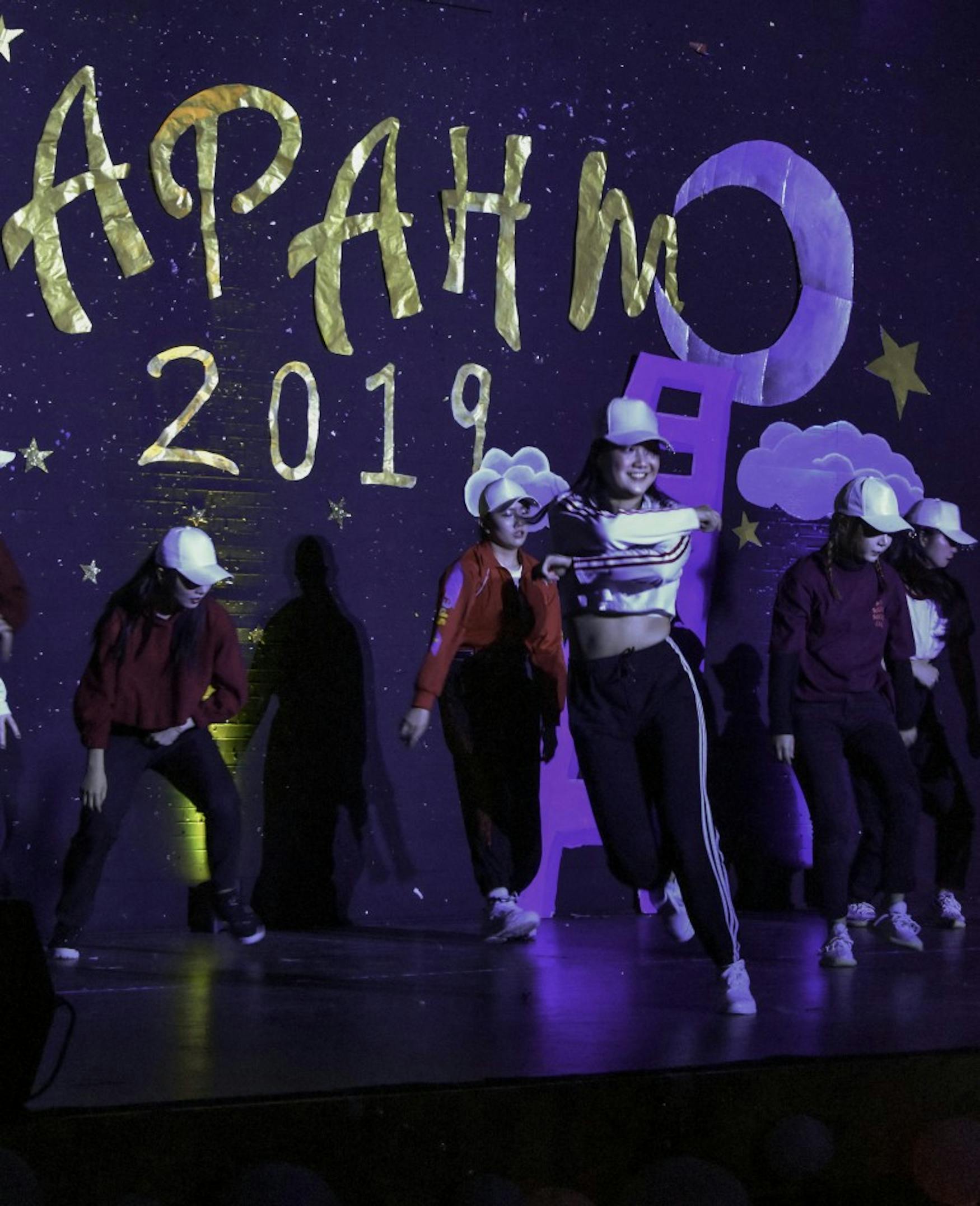APAHM: Dare to Dream
Earlier this month, the Brandeis Asian American Students Association opened Asian Pacific American Heritage Month with their “Dare to Dream” event. While APAHM is normally celebrated in May, the event was held in March to avoid conflicting with finals, as the hosts explained. The more people contribute the better, especially when raising money: BAASA sent the proceeds from the event to the National Immigration Forum, a leading organization in advocating for immigration policy reform and helping immigrants, including Dreamers. In fact, this is what the event name — “Dare to Dream” — refers to.

The show consisted of several performances, many by Brandeis students, each piece portraying different facets and talents of the Asian American Pacific Islander community at and around Brandeis. The opening act was Eli Kengmana ’19, a guitarist with a particular interest in finger picking. Kengmana played two songs and discussed mental health within the AAPI community. He shared his own story about how music helped his mental state and reflected on his father’s stoicism when Kengama first began dealing with mental illness, realizing that his father was not uncaring, but scared for his son. Kengama stressed the importance of creating a space within the community to discuss mental health. Afterwards, the hosts of the event highlighted the mental health resources available on campus before introducing the next performance: the Brandeis-based dance group XL, which focuses on K-pop and urban dance and performed two energetic numbers.

Then came one of the most important — and poignant — part of that evening. It was the speech given by Max Tang ’19, the president of the Brandeis Asian American Task Force. The Task Force members spoke about their personal experience with the fight for AAPI studies at Brandeis, sharing personal anecdotes about never seeing members of their community in history classes or textbooks. Then Tang shined a light on three different figures from AAPI history: Bhagat Singh Thind, Yuji Ichioka and Yuri Kochiyama. Bhagat Singh Thind brought issues of race and nationalization to the Supreme Court and challenged the fact that Indians were unable to be naturalized citizens. Yuji Ichioka, a student of UC Berkeley in 1968, created the term Asian American. Yuri Kochiyama, a friend of Malcolm X, fought for reparations for Japanese internment.
After Tang’s speech, which reiterated the importance of AAPI studies, BAASA announced that Prof. Yuri Doolan (HIST), the first tenure-track assistant professor of AAPI, would be joining Brandeis faculty this coming fall. With this victory, BAASA reminded the audience that there is still more work to be done as the journey toward creating an AAPI Studies department continues. The next step, they said, is to ensure that Prof. Leanne Day (GRALL), a current professor, stays on to help create the new department. Copies of the related petition, which praises Day for her commitment to the representing Pacific Islanders, were available to read and sign at the event.

The headliner of the event, Michelle Zauner of the musical group Japanese Breakfast, spoke between songs to share how moved she was by the students’ push for AAPI studies and how important representation is — a small but heavy reminder of how much a difference having an AAPI department could make.




Please note All comments are eligible for publication in The Justice.